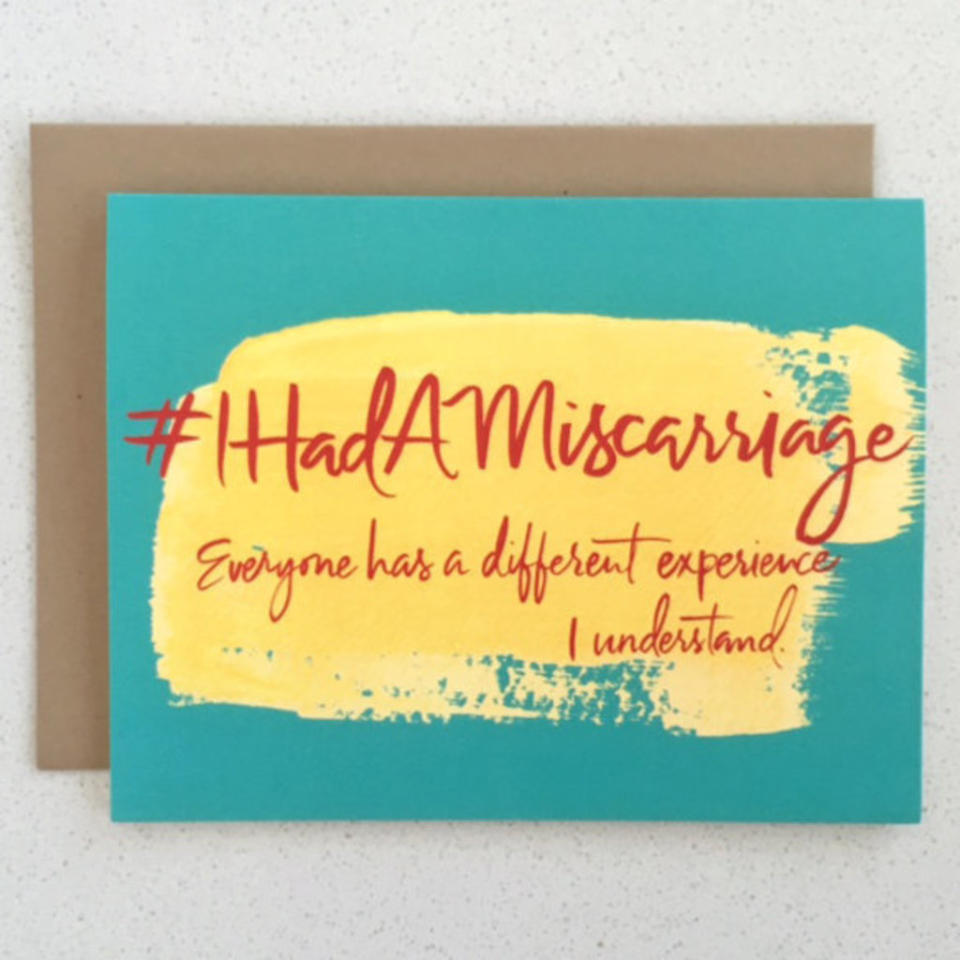Getting Pregnant Is One Thing. Staying Pregnant Is Another.
Leah De Shay has been pregnant nine times over the course of her life, but she has only three living children. De Shay has lupus, a chronic autoimmune disease that makes every pregnancy more risky for both her and the fetus.
“I was told that there was a high likelihood I would never have kids in the first place,” De Shay said. “But my understanding of that, and the way it was communicated to me, was because my body wasn’t going to get pregnant, not because my body was going to get pregnant and then try to kill me or the babies in the process.”
De Shay also struggles to find high-quality, low-cost health insurance. She’s one of the almost 9 million Americans who buy insurance plans on the Affordable Care Act marketplace every year. And as funding for the marketplace and federal subsidies continue to shrink, so too do her choices.
De Shay has no guarantee that the plan she purchases will still exist a year later, or stay the same price, when the next enrollment session begins. For instance, in 2017, one insurer canceled her policy after it claimed she didn’t pay the premium ― something De Shay disputes. Once the bill got sorted out, she was advised to move to a different plan altogether because the original one wouldn’t be available the next year.
One University of Michigan study in 2015 found that more than half of marketplace buyers in Michigan that year had switched plans since 2014, either leaving the market, becoming uninsured or picking a different plan on the marketplace.
Over the past decade, she estimates she’s been on nine different insurance plans. This churn impedes her from managing her lupus with a long-term doctor that she trusts, and it makes it more difficult to obtain specialized prenatal care when she is pregnant.
On this episode of IVFML, we look at infertility that is exacerbated by manmade policies ― not just a result of our bodies, but of the health care system we live with.
Listen to Episode 10 of ‘IVFML Becoming Family’ below.
In addition to learning about De Shay’s personal story, we spoke to HuffPost senior writer Jonathan Cohn, who’s an expert on health insurance coverage in the U.S. Cohn said that constantly churning through insurance plans makes chronic conditions like lupus even more difficult to manage, which in turn harms health.
Cohn said that the best way to deliver high-quality health care is to have continuity ― the same primary doctor who sees you every year, coordinates specialist care and keeps tabs on your overall health. But switching plans every year also means switching provider networks, and that means you’re likely to be restricted to a new group of doctors every single time.
“So you get these situations where the physicians you’re seeing don’t know your history,” he said. “You have to get tests taken over and over again, because the records from the last one didn’t make it over to the new hospital you’re at.”
For example, over the course of her adult life, De Shay had learned to recognize the signs of an impending pregnancy loss. First, her lupus symptoms would begin to intensify. Sometimes her hair would fall out, one side of her body would swell or become numb and she would faint. Then, the bleeding would start.
And because she had learned to recognize the signs so well, dealing with new sets of doctors and health care providers for every single pregnancy who didn’t know her history, and didn’t know her as a person, became incredibly frustrating.
“And at no point does anybody even acknowledge what has really happened to you, much less the part that they played in it,” she said about her losses, which she feels could have been avoided.
De Shay, who is black, suspected that her race may have played a role in the way her health care was mismanaged.
It’s a concern familiar to ProPublica reporter Nina Martin, who interviewed hundreds of mothers and families for her 2017 project “Lost Mothers,” an in-depth look at the rising maternal mortality rate in the U.S. — which is driven mostly by black women.
Martin tells us in this episode that one of the most pressing refrains she kept hearing from the women was that their near-death experience wasn’t their fault ― and that they had told health care providers early and often about their symptoms.
“They knew something was wrong, and they would tell their doctors, they would tell their nurses, they would try to tell people there is something the matter with me,” Martin said. “And people would say, no, no, no, you’re wrong, this is just what it’s like to be pregnant. This is what it’s like to have a baby. There’s nothing the matter with you.”
During De Shay’s last pregnancy, she had to be hospitalized in the final trimester because of a lupus flare-up, and then she switched to a second hospital because her health insurance policy demanded it. She feels this final switch unnecessarily complicated her lupus, pregnancy and birth ― and that the poor relationships she had with her new doctors almost cost her life.
“As if it’s not bad enough that it happens to you, as a black woman you don’t even get to grieve, because even after your children die, you are still fighting for something,” De Shay said. “You’re fighting for your own health.”
“IVFML Becoming Family” is produced and edited by Anna Almendrala, Simon Ganz, Nick Offenberg and Sara Patterson. Send us an email at IVFML@huffpost.com.
Subscribe to IVFML: Apple Podcasts / Google Podcasts / Stitcher / TuneIn / Spotify / RadioPublic / Acast
Also on HuffPost









Love HuffPost? Become a founding member of HuffPost Plus today.
This article originally appeared on HuffPost.

